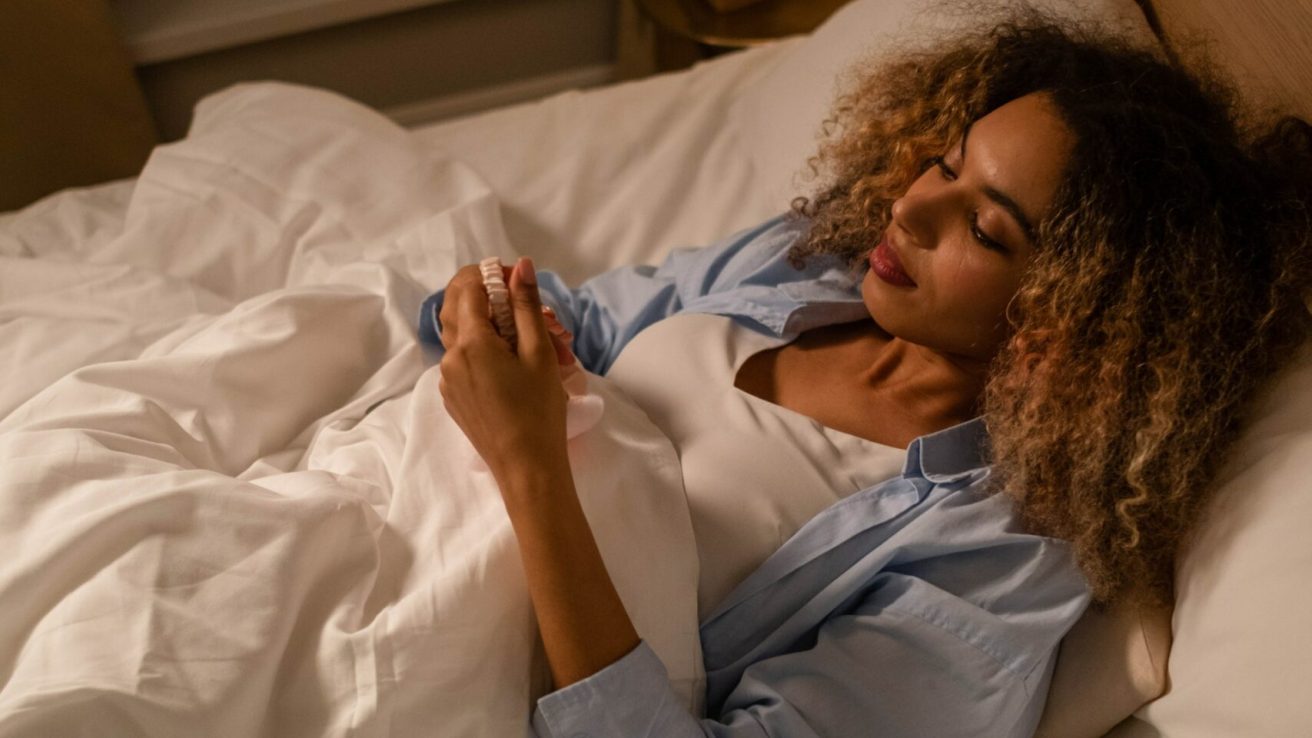![]() Medically reviewed by Dr. Shani Saks, D.O. on Sept. 12, 2023
Medically reviewed by Dr. Shani Saks, D.O. on Sept. 12, 2023
Sleep quality was moderately associated with sleep-related impairment in sleep hygiene practices in Latinx and Black adults with uncontrolled type 2 diabetes, as measured by the Sleep Hygiene Practices Scale.
Sleep quality and duration have been identified as modifiable risk factors that contribute to poor glycemic control in type 2 diabetes. The American Diabetes Association recommends that individuals diagnosed with type 2 diabetes undergo assessments for the identification of sleep health issues. The sleep habits, environments, and routine activities influencing sleep can be measured using the Sleep Hygiene Practices Scale (SHPS). A higher SHPS score indicates poorer sleep hygiene practices.
This study, published in the journal Sleep Medicine, investigated the relationship between SHPS scores, sleep-related impairment, and sleep quality in Black and Latinx adults diagnosed with type 2 diabetes.
Baseline Characteristics
A total of 40 Latinx and Black participants with type 2 diabetes were included in the study, with 15% Latinx and 85% Black participants. The study participants’ mean age and body mass index (BMI) were 52.2 ± 8.2 years and 36.9 ± 8.5 kg/m2. The mean total SHPS score was 78.8 ± 22.3. The mean SHPS score for individual domains was 21.5 ± 6.2 for sleep, 25.2 ± 8.9 for arousal, 18.1 ± 8.4 for environment, and 13.5 ± 4.0 for eating.
Sleep Quality Linked to Sleep-Related Impairment
SHPS scores were positively correlated with Patient Reported Outcomes Measurement Information System (PROMIS) results for sleep disturbance (PROMIS-SD) and sleep-related impairment (PROMIS-SRI) and results for sleep quality, as determined by the Pittsburgh Sleep Quality Index (PSQI).
Sleep Hygiene Practices Scale Score Predicts Sleep Quality
The overall SHPS scores were significant predictors of quality of sleep, as indicated by the PROMIS-SRI, PROMIS-SD, and PSQI.
Sleep quality was moderately associated with sleep-related impairment in sleep hygiene practices in Latinx and Black adults with uncontrolled type 2 diabetes, as measured by the SHPS.
This research indicates a significant correlation between SHPS and sleep quality and difficulties in Black and Latinx individuals with uncontrolled type 2 diabetes. SHPS should be tested in more diverse groups, including chronically ill people. The SHPS may help identify domains for which to customize behavioral interventions. More studies are needed to determine whether evaluation and interventions enhance sleep quality and other clinical outcomes.
Source:
Biggers, A., Barton, I., Henkins, J., Kim, H., Perez, R., Ong, J. C., Sharp, L. K., & Gerber, B. S. (2023). Association between sleep hygiene practices scale and sleep quality in Black and Latinx patients with uncontrolled type 2 diabetes. Sleep Medicine: X, 5, 100066. https://doi.org/10.1016/j.sleepx.2023.100066









